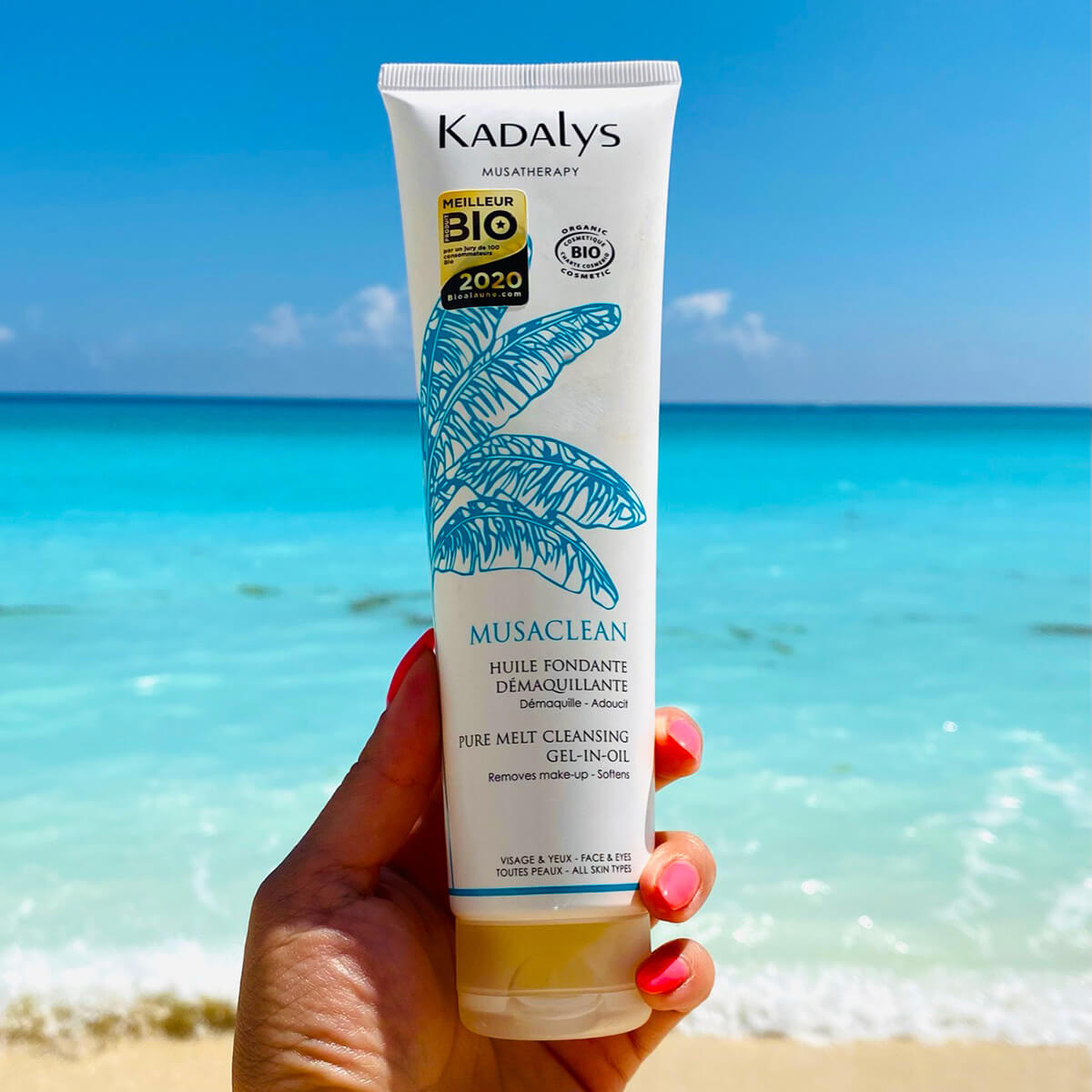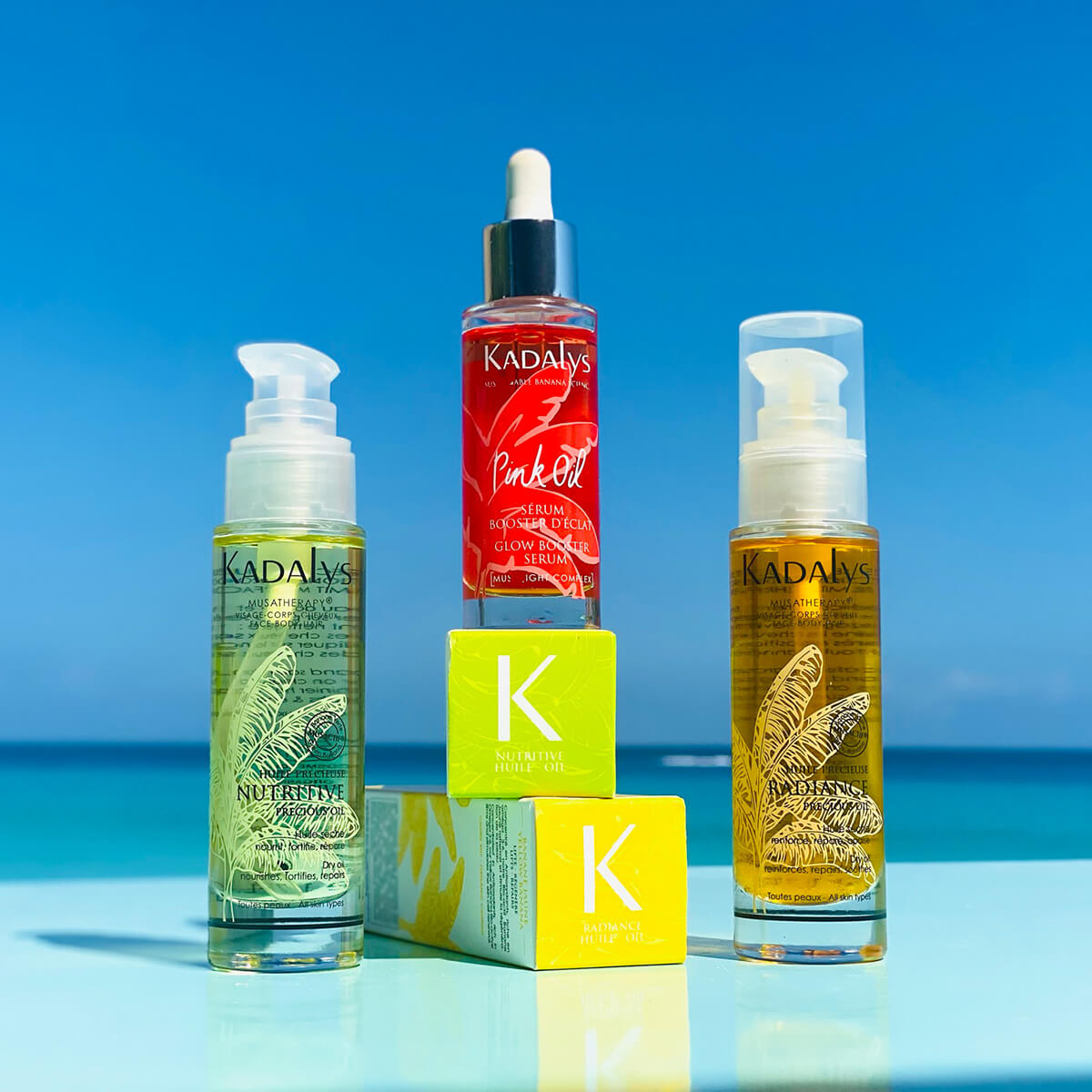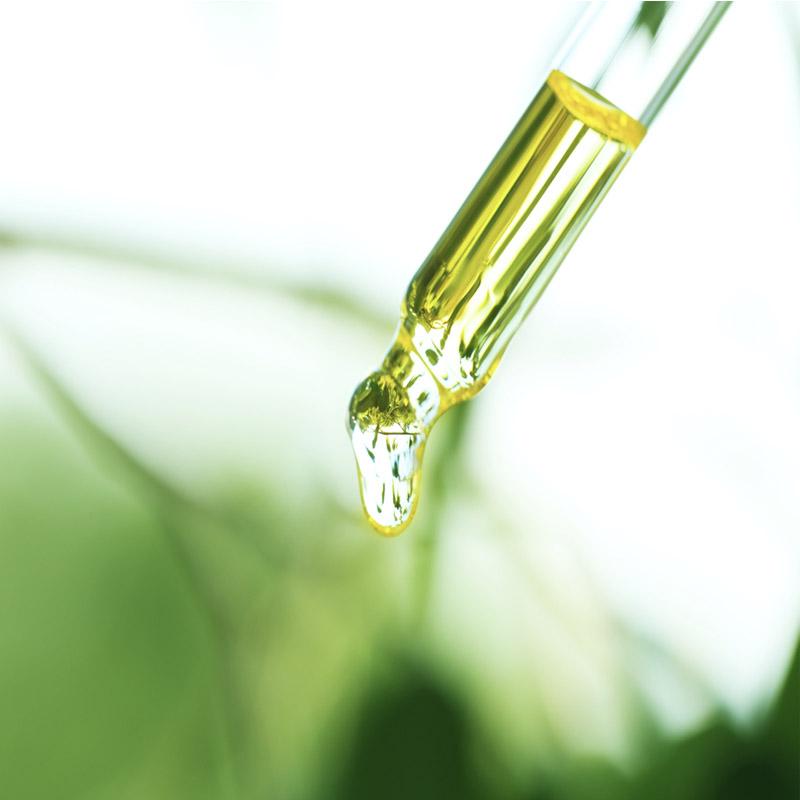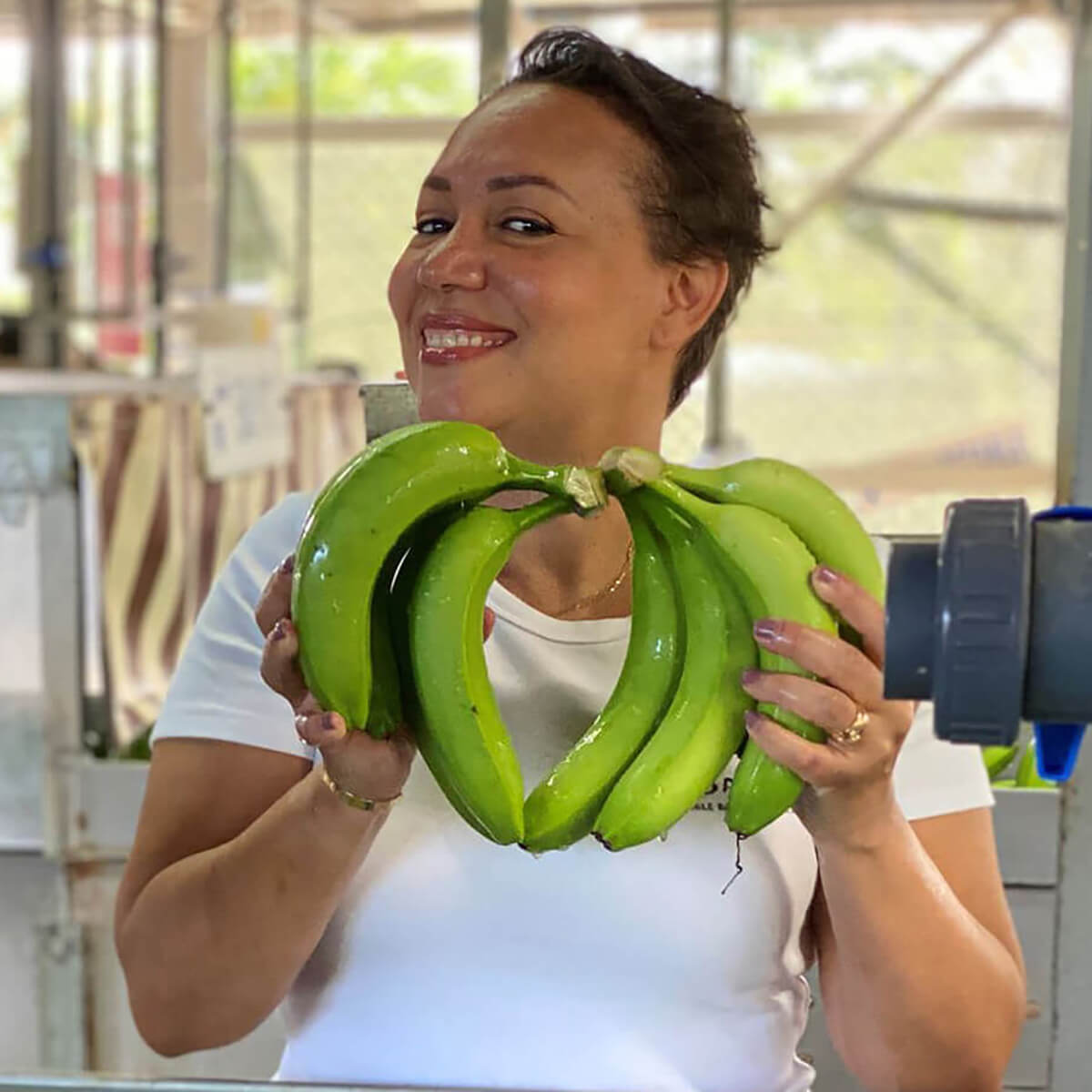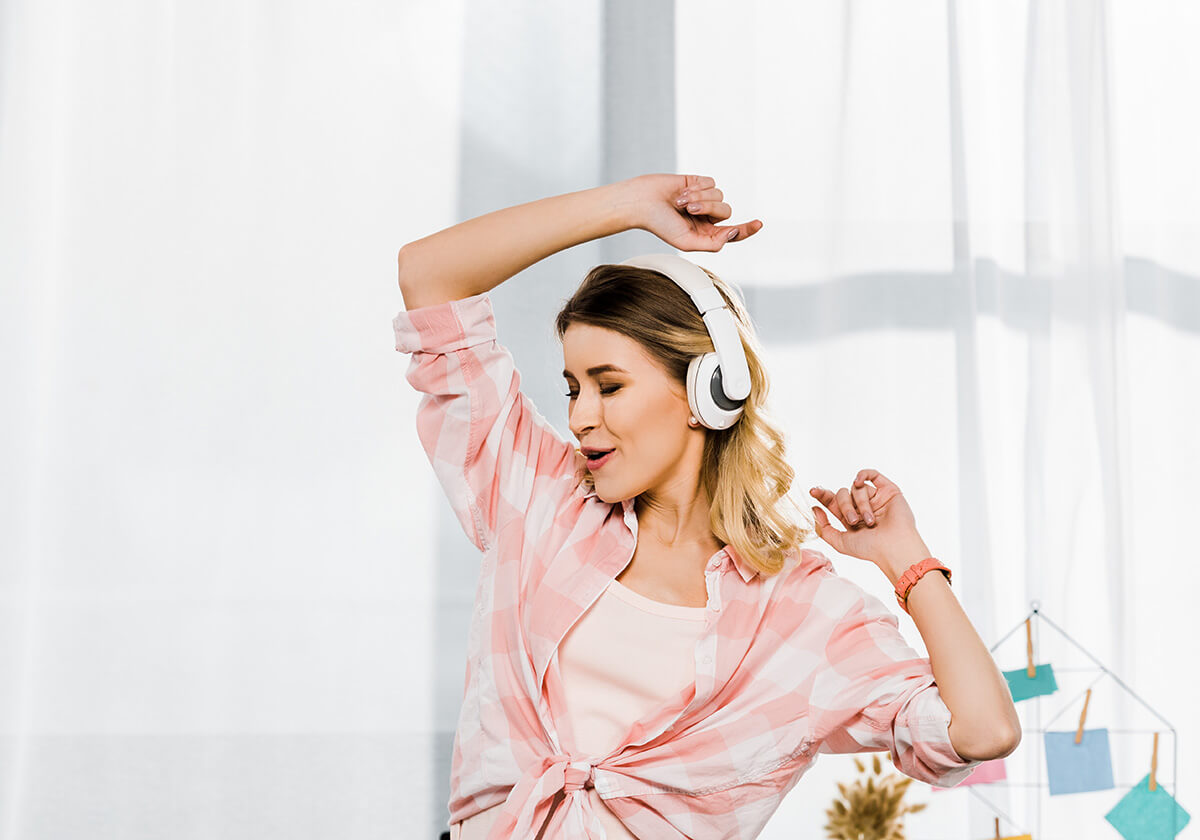
How to Outsmart Free Radicals
Did you know that tiny invisible molecules in your body could be causing your skin to age prematurely? You might be surprised to learn that these culprits, known as free radicals, are often the main characters in your skin's aging story.
Not to worry. There's a lot you can do to protect your skin! Let's dive in.
What Are Free Radicals?
Free radicals are reactive molecules that cause something called oxidative stress.
Oxidative stress is when your body's cells get damaged by these unstable molecules, which is believed to contribute to premature skin aging and various diseases like cancer, heart disease, and Alzheimer's.
But What Creates Free Radicals?
Your body naturally produces some, but they can also form from exposure to environmental pollutants like cigarette smoke, UV radiation from the sun, and certain medications and skincare products.
How Free Radicals Affect Your Health & Skin Aging
Free radicals can mess with your body, especially when they're produced faster than your body's ability to neutralize them. Here's how they can wreck havoc:
Oxidative Stress
Free radicals can cause oxidative stress, leading to cell and tissue damage. This imbalance between free radicals and antioxidants in your body is believed to be a major player in the aging process.
Chronic Inflammation
Oxidative stress can also trigger chronic inflammation. While inflammation is a normal response to infections or injuries, when it becomes chronic, it can lead to diseases like arthritis, heart disease, and even cancer.
Damage to DNA, Proteins, and Cell Membranes
Free radicals can directly damage important cellular structures like DNA, proteins, and cell membranes. This damage can cause cells to function poorly or die, contributing to aging and diseases like cancer.
Neurodegenerative Diseases
Our brains are particularly vulnerable to free radical damage due to their high oxygen usage and fat content. Research has shown excess free radicals nad oxidative stress can lead to a range of disorders such as Alzheimer’s disease and Parkinson’s disease.
Skin Damage
Free radicals can also cause significant damage to the skin, leading to premature aging (like wrinkles and age spots) and other skin issues. But, it's important to note that free radicals aren't all bad news.
They're also necessary for some biological processes like cell signaling and immunity. The key is to maintain a balance between free radicals and antioxidants to prevent the damaging effects of oxidative stress.

Your Secret Weapon: Antioxidants
Antioxidants are compounds that neutralize free radicals by donating electrons to them. They can help reduce inflammation, prevent further damage from free radical activity, and protect your skin from environmental stressors like UV radiation and pollution.
By neutralizing free radicals, antioxidants can keep your skin looking youthful and healthy.
All of this sounds very scienc-y but there's an easy (and fun) way to think about how free radical and antioxidants work.
Free Radicals and Antioxidants: A Dance Floor Analogy
Imagine a dance party where everyone's paired up, twirling in harmony. These pairs are like stable molecules, with two electrons dancing in sync.
Suddenly, a solo dancer named “Freddie the Free Radical” steps in. Freddie doesn’t like to dance alone, so he’s a bit unstable and frantically looking for a dance partner. This is like a molecule with an unpaired electron.
Freddie starts causing chaos, trying to steal partners from others, just like free radicals try to snatch an electron from other molecules, causing a chain reaction of instability.
But then, the Antioxidant Allies arrive. They generously offer partners to Freddie and other free radicals, restoring balance on the dance floor.
Similarly, antioxidants donate an electron to free radicals, neutralizing them and preventing further damage.
Meet the Rowdiest Dancers: Reactive Oxygen Species (ROS)
Reactive Oxygen Species (ROS) are like specific types of rowdy dancers at our dance party, known for causing chaos.
They're like the breakdancers of the free radical world, doing backflips and wild moves that can disrupt the flow of the dance floor (or in real terms, cause damage to our cells).
ROS are a specific type of free radical that our Antioxidant Allies really need to keep an eye on. They can be particularly harmful to our skin, contributing to premature aging, inflammation, and other skin damage. That's why it's so important to take action to keep those ROS dancers in check.

How to Neutralize Free Radicals: Your Action Plan
Okay, now you understand how free radicals operate. It's time to create your action plan for how to neutralize them. And the good news is that there are many ways to do this effectively.
Here are 8 of our favorite ways to ensure your dance party doesn't spin out of control:
- Eat a healthy diet: Include antioxidant-rich foods like fruits, vegetables, nuts, and seeds in your diet
- Stay hydrated: Water helps flush out toxins from your body.
- Limit sun exposure: UV rays from the sun can trigger free radical production. Always wear sunscreen and protective clothing when you're out in the sun.
- Use antioxidant-rich skincare products: Look for products with ingredients like Vitamin C, Vitamin E, Green Tea, and Banana Bio-actives. Banana Bio-actives are loaded with antioxidants that can help skin glow.
- Exfoliate regularly to remove dead skin cells that can accumulate and block pores. When pores are clogged, free radicals can build-up, creating oxidative stress and inflammation. The Exfoliating Peel is an easy add to your weekly routine to keep your skin glowing.
- Exercise regularly: Regular physical activity can help reduce inflammation and boost your body's production of antioxidants.
- Quit smoking and limit alcohol consumption: Both smoking and excessive alcohol can increase free radical production.
- Manage stress: Chronic stress can increase inflammation and free radical production. Try stress-management techniques like yoga, meditation, or deep breathing exercises.
- Get enough sleep: Your body repairs itself while you sleep, including neutralizing free radicals.
Prevent Future Free Radical Damage
Now you know how free radicals impact your health and what you can do to protect yourself.
Remember, the key is balance – ensuring your body has enough antioxidants to combat the free radicals. Kadalys bio-actives––packed with antioxidant power and vitamins––are here to help.
You've got this!
SHOP ANTIOXIDANT SKINCARE


